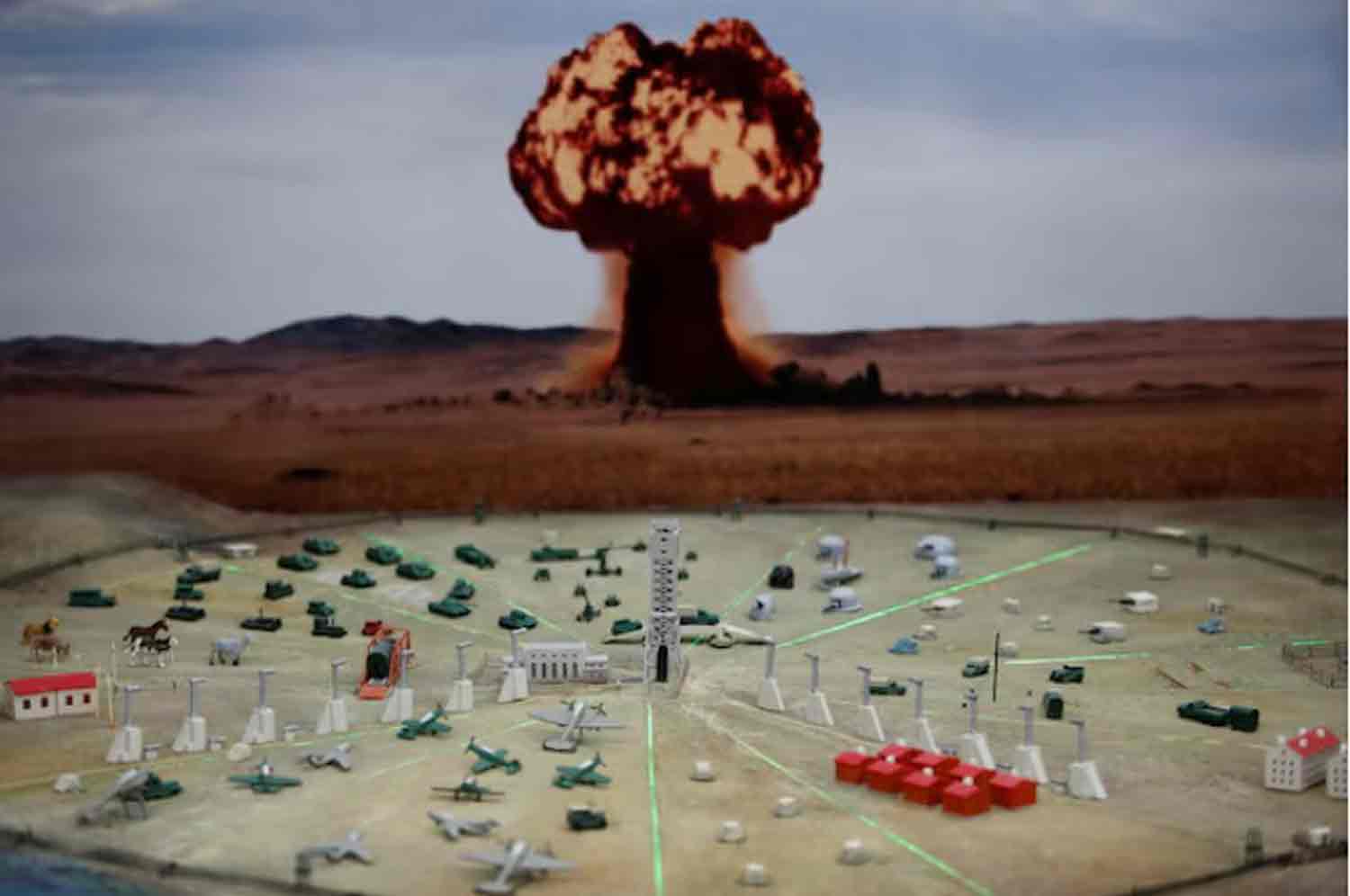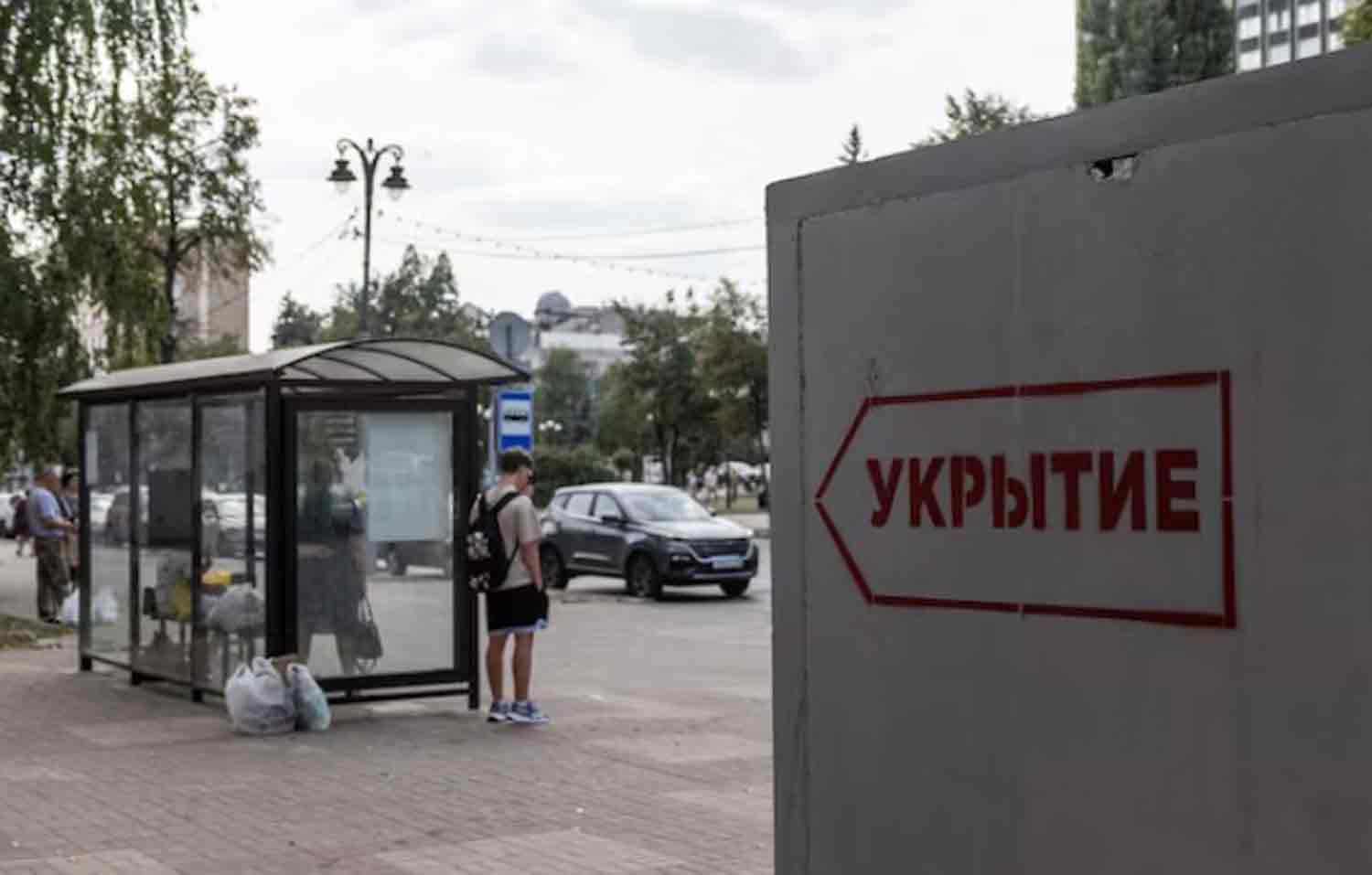The director of Russia’s nuclear testing facility announced on Tuesday that his clandestine site is prepared to initiate nuclear tests “at any moment” should Moscow issue the command. These rare statements are likely to heighten fears regarding the increasing likelihood of such an action.
Since 1990, the year preceding the dissolution of the Soviet Union, Moscow has refrained from conducting nuclear weapons tests. However, some analysts from both the West and Russia suggest that President Vladimir Putin might consider a test as a means to convey a deterrent message to the West, particularly if Ukraine is permitted to utilize long-range missiles against Russia, a topic currently under consideration.
A nuclear test by Russia could potentially prompt other nations, such as China or the United States, to respond in kind, potentially igniting a new nuclear arms race among major powers, which had largely ceased nuclear testing following the Soviet Union’s collapse.
The testing facility, situated on the isolated Novaya Zemlya archipelago in the Arctic Ocean, was the site of over 200 nuclear tests conducted by the Soviet Union, including the detonation of the most powerful nuclear bomb ever in 1961.
Western spy satellites are closely monitoring the site due to indications of construction activities observed last summer in publicly available satellite imagery. Rear Admiral Andrei Sinitsyn, the facility’s commander, provided a rare interview to Rossiyskaya Gazeta, the official newspaper of the Russian government, which was published on Tuesday. This came shortly after President Putin cautioned the West against allowing Ukraine to launch strikes on Russian territory using Western-supplied long-range missiles, emphasizing the potential for retaliation. “The test site is fully prepared to resume comprehensive testing activities. Everything is in place: laboratory and testing facilities are operational, and the personnel are ready. We can initiate testing at any moment upon receiving the order,” stated Sinitsyn.
In his naval uniform, alongside a cabinet featuring a book about Putin and a large white porcelain polar bear, Sinitsyn depicted a facility maintained in a high state of readiness, safeguarded by elite troops. “Our primary objective is to ensure the uninterrupted execution of state tasks. Should the directive to resume tests be issued, we will meet the established timelines,” he added.
In November, Putin, who oversees the world’s largest nuclear arsenal, enacted legislation that retracted Russia’s ratification of the international treaty prohibiting nuclear weapons tests. He stated that this action was intended to align Russia with the United States, which signed the treaty but never ratified it. At that time, Russian diplomats indicated that Moscow would refrain from resuming nuclear tests unless the U.S. did so first.
In June, Putin mentioned that Russia could conduct a nuclear test “if necessary,” although he did not see an immediate need for such action. The last nuclear test conducted by the United States occurred in 1992, and North Korea remains the only nation to have executed a nuclear explosion test in this century.
A prominent figure from a Russian think tank, whose views occasionally influence government policy, proposed in May that Russia might contemplate a “demonstrative” nuclear test to intimidate the West. In an article for the business publication Profil, Dmitry Suslov argued that Russia must take steps to deter the West from crossing critical boundaries.
He asserted, “The political and psychological impact of a nuclear mushroom cloud broadcast live across global television networks should serve as a stark reminder to Western leaders of the deterrent that has prevented conflicts between major powers since 1945, a deterrent they seem to have largely forgotten—the fear of nuclear warfare.”
Discover more from Defence Talks | Defense News Hub, Military Updates, Security Insights
Subscribe to get the latest posts sent to your email.





